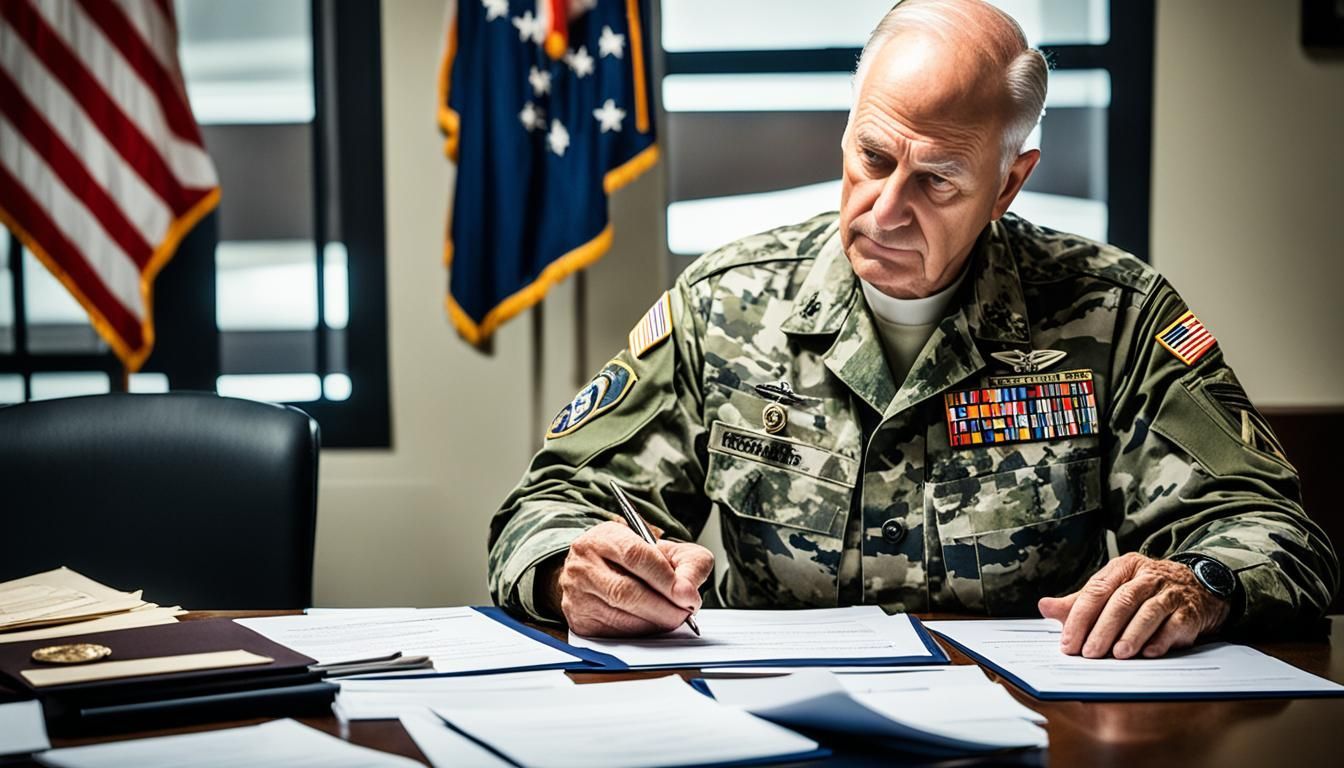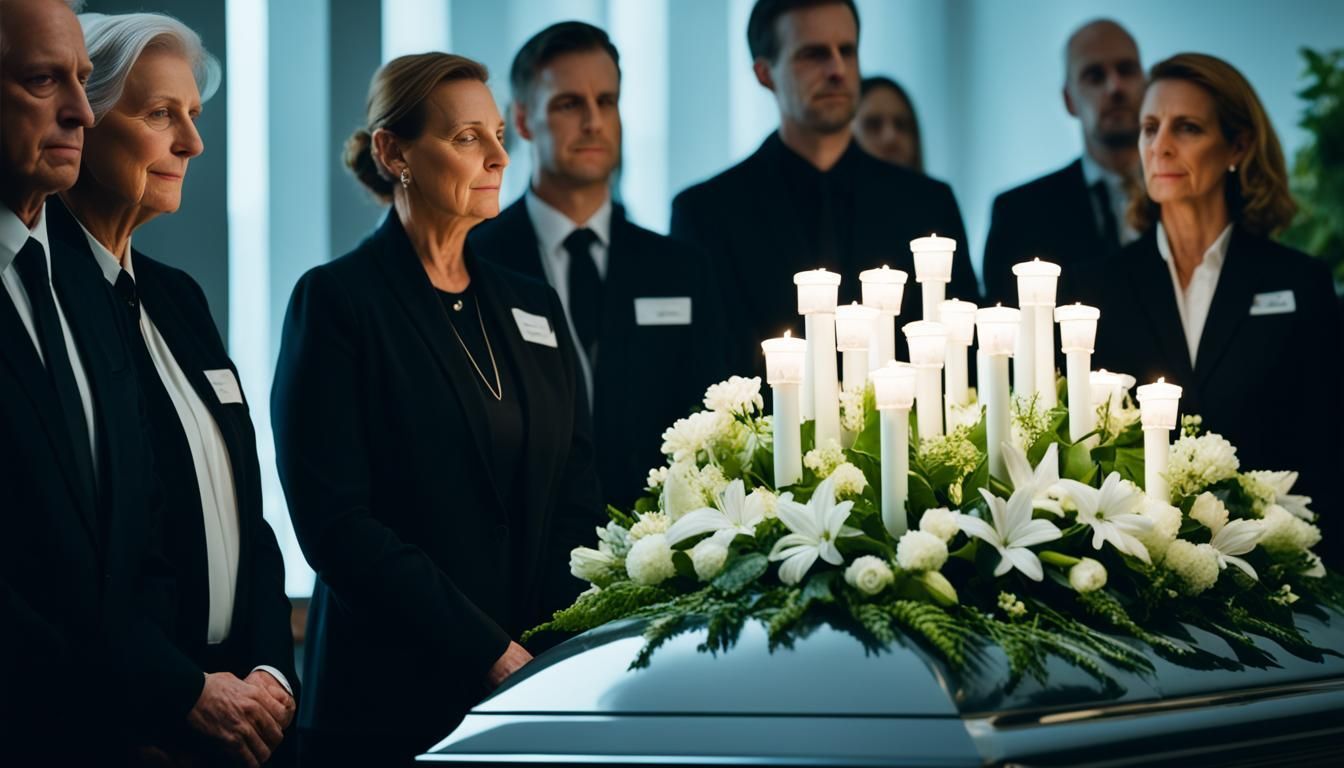Should My Child Attend the Funeral? Guidance & Tips.
Should My Child Attend the Funeral? Guidance & Tips.
Have you ever thought about whether your child should go to a funeral? Talking to kids about death is sensitive. Funerals are key for mourning and allow people to say goodbye. Yet, deciding if a child should go depends on many things.
We should consider how the child handles emotions and the funeral's nature. Also, consider if the child wants to go. Funerals can help kids mourn. But, whether they should go is a choice that depends on their situation.
Children show grief in different ways. Some may be very sad, while others might not show much emotion. Wakes can be hard for kids to sit through for a long time. Also, kids' grief can come and go, unlike adults. An eight-year-old might grasp death better than a younger kid. Still, their understanding won't match an adult's.
Supporting the child is vital, especially if adults around them are very emotional. Preparing the child with a simple, clear explanation of what to expect helps. Think carefully about all these points before deciding if your child should go to the funeral.
Key Takeaways
- Funerals can play a key role in the grieving process, even for children.
- There is no definitive answer on whether a child should attend a funeral; it depends on individual circumstances.
- It is beneficial to explain the event to the child in an age-appropriate manner.
- Children react to grief differently and can express it through various means.
- Empowering children to decide whether they want to attend a funeral helps them feel included and respected.
Factors to Consider Before Bringing Children to Funerals
Deciding whether to bring a child to a funeral is a big decision. It involves looking at how ready the child is and their understanding of death. Let's explore these factors carefully to make the experience as positive as possible.
Assessing Your Child’s Emotional Readiness
Figuring out if a child is emotionally ready for a funeral is important. You should consider their anxiety levels, how long they can pay attention, and their reaction to strong emotions. 78% of children who go to funerals feel they are part of something and find comfort in sharing the moment with family. Yet, it's key to know how curious they are and if they want to go, as children react differently to such events.
Explaining What Happens at a Funeral
Talking to a child about a funeral should be clear and straightforward. Kids feel better when they know what will happen. 40% of children understand the idea of burial better with clear explanations, which lowers their worry and confusion. Open talks about the process can ease their fears. This includes worries about how the deceased looks, which concerns 33% of kids.
Handling Different Age Groups and Their Understanding of Death
The way children understand death changes with age. Very young children, especially around four years old, often don't see death as final. But, older children and teens tend to have a deeper understanding. Having open discussions and answering their questions honestly is crucial. It's also important to respect their participation choices in funeral activities, as 68% of kids like to have options.
In summary, assessing a child's emotional readiness and clearly explaining what a funeral involves are key before bringing them along. Kids of different ages have varying needs and reactions, which helps in offering the right support through tough times.
| Factor | Considerations | Statistics |
|---|---|---|
| Emotional Readiness | Anxiety levels, attention span, reaction to emotions | 78% feel supported by rituals |
| Explanation of Funeral | Clear, age-appropriate information about the process | 40% understand burial better with details |
| Age Group | Understanding death's permanence | 68% appreciate having choices |
Should My Child Attend the Funeral?
Deciding if your child should go to a funeral is a tough choice. It's vital to think about if they understand death and how they handle emotions. Every child is different in dealing with loss. Some might be very sad, while others might not seem affected. This shows why talking to your child about going to a funeral is important.
Talking to Your Child About the Decision
Talking openly with your child about death is crucial. Asking them how they feel about attending the funeral can show if they're ready. You should also explain what happens at funerals, like seeing a casket or people dressed in black mourning. This helps them know what to expect and helps them deal with their feelings.
Explaining this gently makes sure they understand and are supported. Helping kids cope with grief includes having these important conversations.
Preparing Your Child for Different Funeral Scenarios
It's important to prepare your child for what might happen at a funeral. Talking about what they might see, like an open casket or crying people, is helpful.
Telling them that a wake can last a long time will prepare them. This lets them know what to expect. Having a plan to leave early if needed can also make the day easier for your child.
Alternatives to Attending the Funeral
If going to the funeral might be too hard for your child, there are other ways to say goodbye. You can have a small service at home, make a memory book, or visit the grave later.
These options provide a comforting way for your child to mourn. They can say goodbye in a less overwhelming setting.
Conclusion
Deciding if a child should go to a funeral is a personal decision. It depends on the child's relationship with the one who has passed, their own emotional strength, and the family's views on death. Research, including insights from children and funerals , shows thoughtful approaches exist.
Adults who felt left out and then hugged a teddy bear felt much happier. This shows how physical touch can make us feel better. For kids, holding onto something like a stuffed animal or blanket can give them comfort when they're sad.
Studies on primates showed those with a soft cloth substitute were less scared. This underlines the value of feeling comfort from touching. Psychologist Richard Passman found out kids sometimes get more soothing from a blanket or toy than from their own mom during stress. Such comforting items might help them at funerals.
Looking after others can also make us feel good. In a nursing home study, residents who cared for plants lived happier and longer. Kids also find comfort and friendship in pets during hard times, just like with toys or blankets. So, when thinking if your child should go to a funeral, consider letting them have something comforting.
Families First at Edwards in Columbus, Ohio, has tools to help during such sensitive times. We're here to assist families dealing with the pain of loss. To learn more, check out our services or sign up for email updates on new obituary notices.
FAQ
How do I know if my child is emotionally ready to attend a funeral?
Check if your child can handle strong emotions and tough situations. Talk with them about what happens at funerals. This can help you see if they're ready.
How should I explain what happens at a funeral to my child?
Tell them what they'll see at the funeral in a way that's easy for them to understand. Be honest about the emotional side of it and what the event involves.
What are some strategies for preparing children of different ages for a funeral?
For younger kids, stick to the basics and keep it simple. With older kids and teens, discuss death's finality and the meaning behind funeral rituals. Adjust your talk to match your child's age and understanding.
Should I involve my child in the decision to attend the funeral?
Definitely. Talking about the funeral with your child can make them feel part of the decision. It's a chance to answer their questions and address any worries together.
How can I prepare my child for different scenarios at a funeral, such as open-casket services or wakes?
Explain the different parts they might see, like an open casket, in simple words. Tell them it's normal to have many feelings. Remind them they can talk to you about anything.
What are some alternatives if my child does not attend the funeral?
If a funeral isn't right for your child, think about other ways to say goodbye. You might hold a small memorial service at home, make a memory book, or visit the gravesite later. These can be meaningful ways to honor the deceased.
What should my child wear to a funeral?
Children's funeral clothing should be subdued, like for adults. Choose outfits that are respectful and not too bright or flashy.
How do I discuss death with my child in an age-appropriate manner?
Adjust your explanation to fit your child's level of understanding. Use simple words for young kids and discuss the permanence of death with older kids and teens.
How can I help my child cope with grief during and after the funeral?
Offer your child reassurance and support. Encourage them to share their feelings. Validate what they're feeling and suggest comforting activities to help them grieve.
Can schools provide additional support for grieving children?
Yes, schools can help by allowing time off for funerals and offering support. Counselors and teachers can be great resources for children dealing with grief.
Source Links
- https://childmind.org/article/should-children-attend-funerals/
- https://health.choc.org/should-my-child-attend-a-funeral/
- https://www.vitas.com/family-and-caregiver-support/grief-and-bereavement/children-and-grief/guidelines-for-children-attending-funerals-and-memorial-services
- https://www.keefefuneralhome.com/do-children-belong-at-funerals











